Shortened information from the blog The Boethian Acolyte by Anthony G. Cirilla, Ph.D.
Boethius is a primary figure in establishing a liberal arts education. There were seven fundamental liberal arts. The trivium: grammar, logic, and rhetoric—the comprehensive arts of language. The next four arts were arithmetic, music, geometry, and astronomy. Arithmetic was more than the basic subject we think of it now – it was the philosophy of number, and music was the philosophy of number expressed through time. Geometry was the art of studying number expressed through space, and astronomy was the art of studying number expressed through both space and time—a precursor to physics. Boethius and his friend Cassiodorus were not only trained to the limits of the knowledge in those disciplines in Rome, but wanted to expand that knowledge further, especially by translating and commenting on liberal arts works found in Greek. Boethius wrote treatises on all three arts of the trivium. Boethius also wrote a treatise on arithmetic and one on music, the second called On the Fundamentals of Music. We know from letters by Cassiodorus that Boethius had written a textbook on geometry, though unfortunately that was lost. And though there is no indication that Boethius wrote on astronomy, many things he says in The Consolation of Philosophy and other books suggest that he had studied the art carefully. In the liberal arts viewpoint, the different arts were not just separate boxes of knowledge about unrelated subject matter – they believed that the arts needed to be distinguished so that they could be studied clearly, but studying first the trivium, the arts of thought and communication, and then the quadrivium, the arts of conceiving order in the world around you, were necessary stages to learn before entering into larger fields of inquiry such as theology or practical efforts such as politics. The academic life of the mind was designed to prepare you for the public life of action. Boethius followed this path, even though he didn’t really want to be a politician, but his parents, who died when he was young, were aristocratic, and his stepfather Symmachus was also a public figure who had been preparing Boethius for the public life from the moment he adopted him.
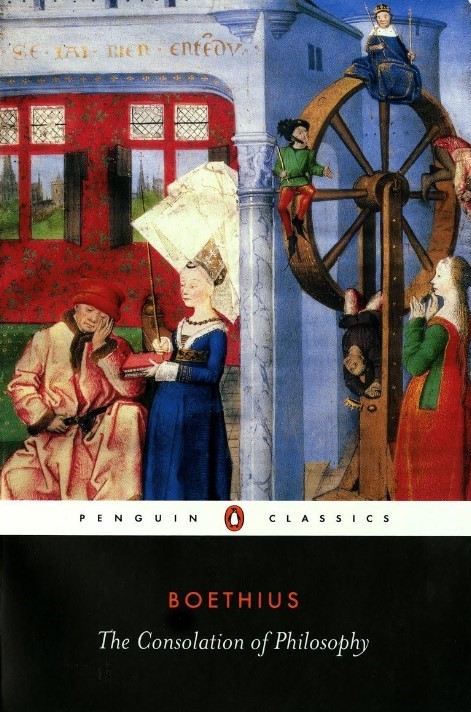


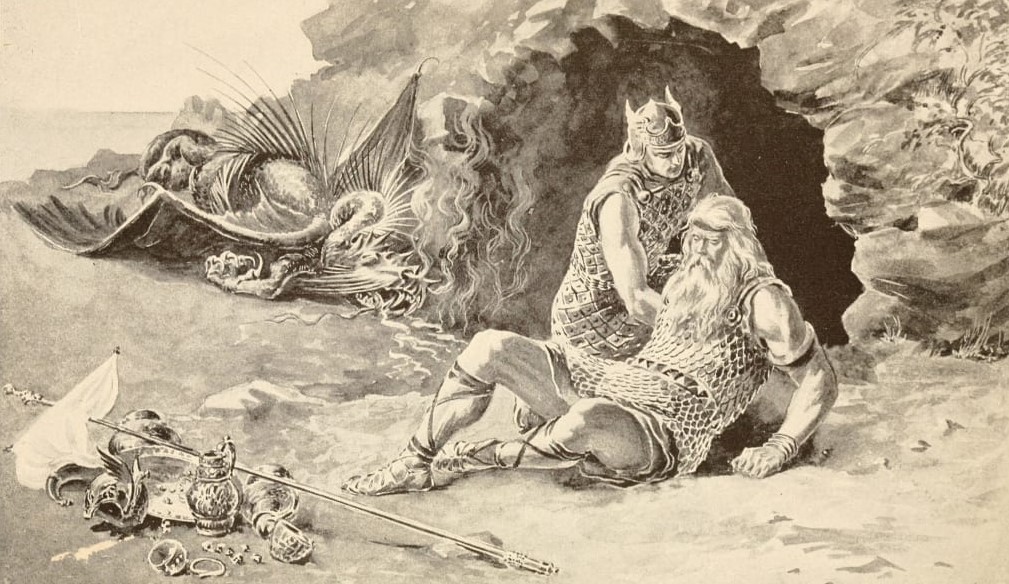

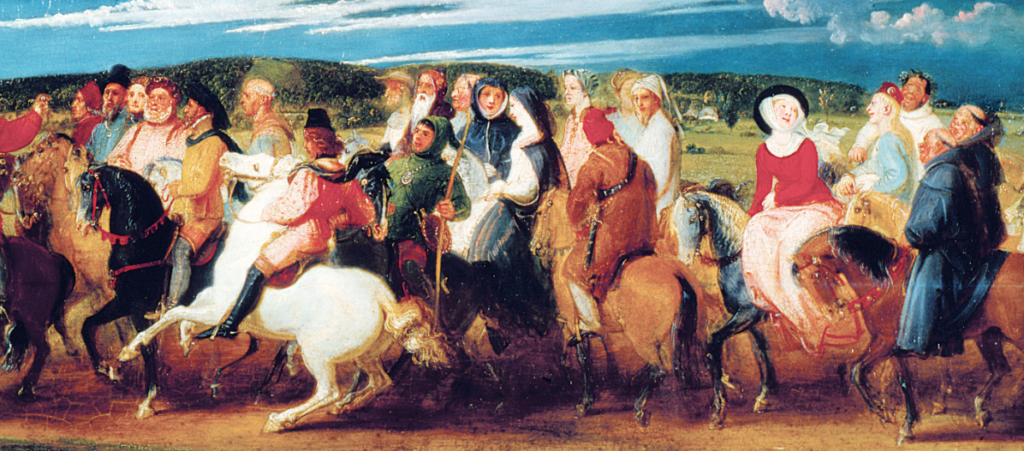
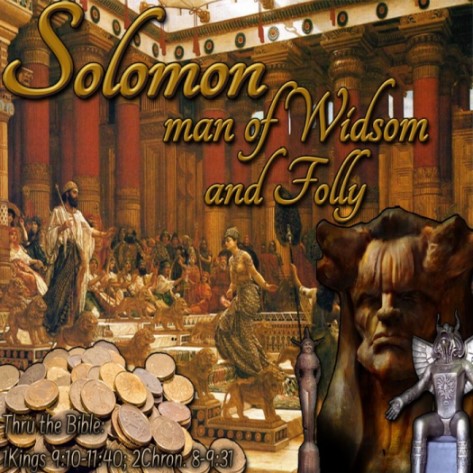
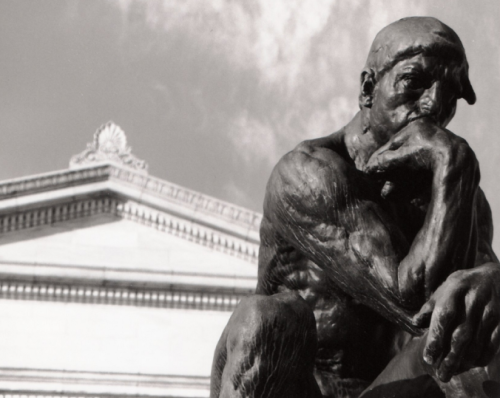
Recent Comments